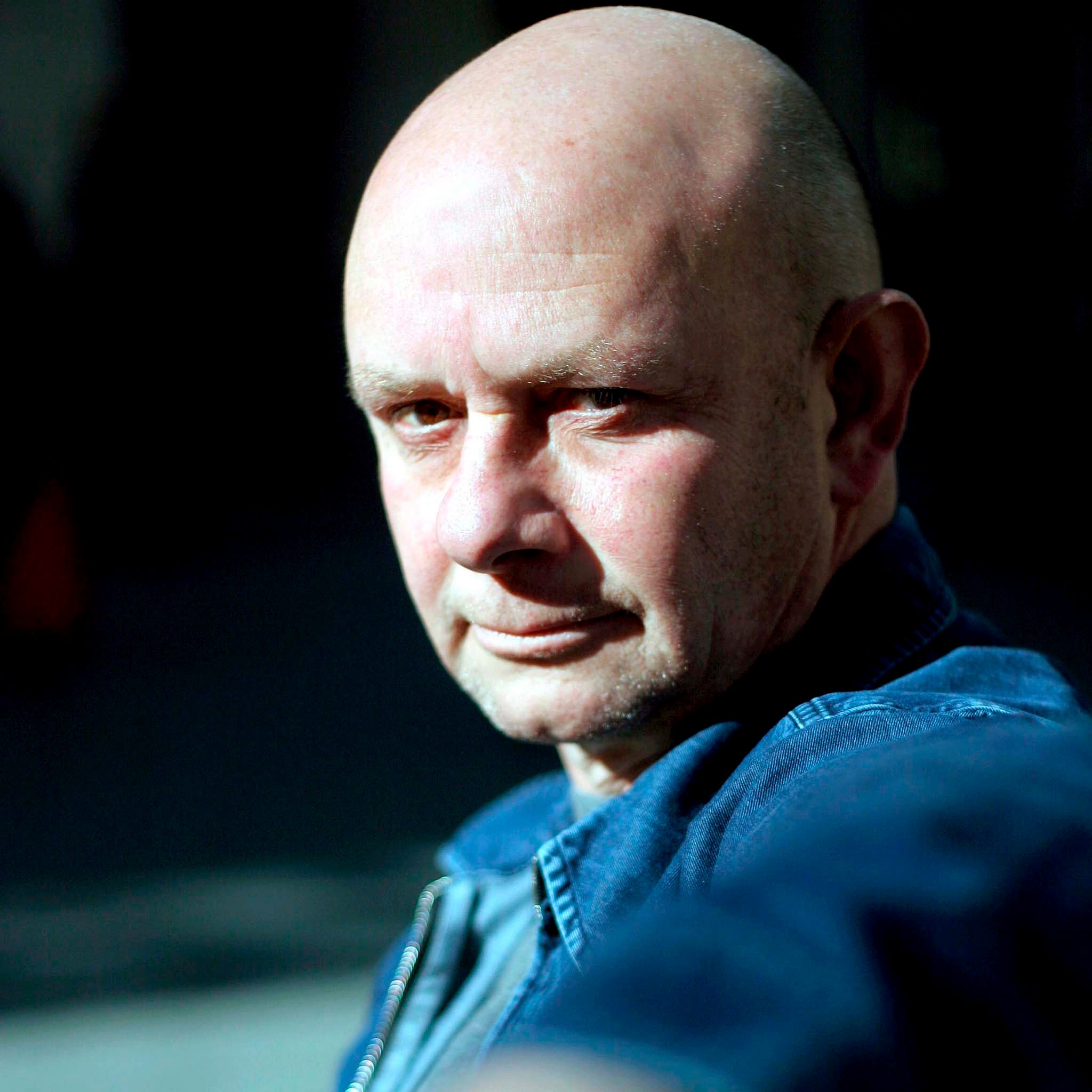Funny Girl by Nick Hornby, book review: Yet another genius idea from the Hornby hit machine
There is something about Hornby’s writing that is so simple, so easy-to-read and yet so sensitive and profound at the same time

Warning: it’s going to be impossible not to make this review sound like a Nick Hornby lovefest.
And this novel is not even remotely perfect. But there is something about Hornby’s writing that is so simple, so easy-to-read and yet so sensitive and profound at the same time, that anything he writes turns out very special. There. I’ve said it. Sorry.
The premise of Funny Girl is like a lot of Nick Hornby’s irritatingly genius ideas (High Fidelity, Fever Pitch, About a Boy): something so obvious you can’t believe no one thought of it before. He poses the question: “What if there had been a British Lucille Ball?” And then he brings her to life.
We meet Barbara Parker (forget that name already as it’s about to change) when she is crowned Miss Blackpool 1964. Her moment of triumph pushes her to realise in a split second that she can’t face a preening life of being admired and cosseted. In a fit of youthful idealism, she heads to the bright lights of the cosmetics counter of a London department store.
This being the 1960s when everyone knew everyone and you only had to sit in a bar with a thoughtful expression on your face and someone would cast you in a film, she soon meets “the right sort of people”, including an agent who sets her up as “Sophie Straw”. At first, Sophie is told not to open her mouth to spoil the effect. After all, she is: (a) a woman and so much better appreciated silent; and (b) from Lancashire. But when she auditions for a BBC comedy and outshines the men, her fate is sealed.
By this point we’re only about a third of the way through and it quickly transpires that the “British Lucille Ball” narrative has been something of a red herring and this is not a novel about Sophie at all. This is really a book about creativity, broadcasting, workmates, cultural taste and the light entertainment industry. Sophie becomes part of the gang of writers and producers behind popular the TV sitcom Barbara (and Jim). Think ’Til Death Do Us Part’ – which actually features here in passing (including screen grab) – but classier.
I felt a bit cheated that Sophie ended up as more the muse to the men than a comedic force in her own right. But why should Nick Hornby write a feminist tract? The truth is, Funny Girl really springs to life when writer Bill and director Dennis are locked in their own private “TV scriptwriting hell”: “Is there an actual formula you can check later? Official TV Pregnancy Durations?” “First episode of the next series to warm us up, and she can pop it out in the second.”
Hornby loves Sophie and he wants to see a “funny girl” on screen. But what he really loves is the writers’-room banter –and he portrays it beautifully. He also has a wonderful feel for the audience’s love of television and characters, which he portrays through the writers Bill and Tony, who are a great double act in their own right.
Two things make this book enjoyably fresh and original. First, it’s unashamedly conceived as a made-for-TV project. This is unsurprising as a great deal of Hornby’s time is now spent writing films (An Education, Wild). It’s not quite like reading a screenplay but there is at least as much dialogue as there is narrative. There’s no reason this couldn’t be a TV-show-within-a-TV-show format: where we see Sophie’s journey and we also see Barbara (and Jim) the sitcom.
Second, the book is set out like a biography, as if it’s a real account of the creatives behind Barbara (and Jim). There are script extracts (Barbara: “Just no ... Crikey.”). There is a very plausible postscript: “Her TV series include His and Hearse, Salt and Vinegar, The Green, Green Grass of Home, Would Like to Have Met and Minnie Cab.” (Hornby also puts late-in-life Sophie in a gritty film with Ewan McGregor and Jim Broadbent.) There are newspaper reviews: “Barbara (and Jim) could not be better, funnier or more congenial guides to a decade that seems, finally, to be shaking off the dead hand of its predecessor.”
This is a world that feels real and one you don’t want to leave. Hornby executes his Funny Girl’s character beautifully: Sophie is bright and smart and, occasionally, subtly caustic. She’s perhaps not quite as funny as she could have been. You sense that Hornby – like everyone she meets – is madly in love with Sophie. So, she can come across as just a little too perfect. And perfect is not funny. I blame her age. I interviewed Hornby when this book was first launched and asked who he had in mind for the screen role of Sophie Straw. He replied: “It would have to be a 21-year-old unknown.”
I hope they find her.
Subscribe to Independent Premium to bookmark this article
Want to bookmark your favourite articles and stories to read or reference later? Start your Independent Premium subscription today.

Join our commenting forum
Join thought-provoking conversations, follow other Independent readers and see their replies